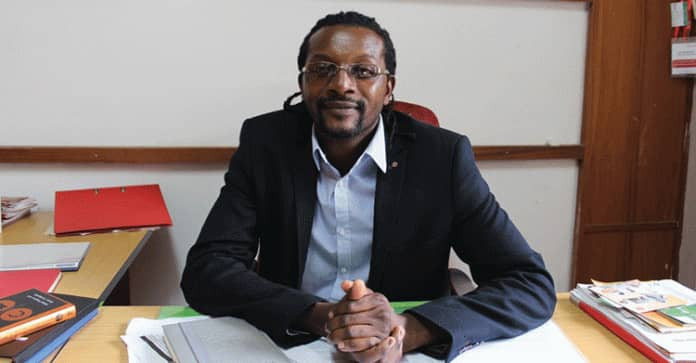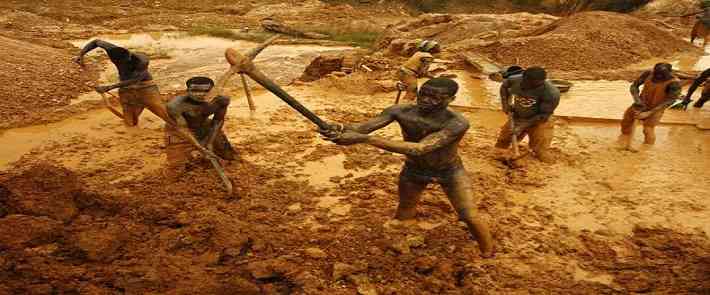
DESPITE Zimbabwe having made progress in investing in agro-ecology programmes, there is still more to be done, ActionAid Zimbabwe country director Joy Mabenge has said.
His sentiments come after a report said climate-destructive sectors operating in the Global South, including Zimbabwe, are benefiting from an estimated US$680 billion at the expense of sub-Saharan Africa children’s education.
ActionAid’s groundbreaking report on the corporate capture of public finance titled How the Finance Flows: Corporate Capture of Public Finance Fuelling the Climate Crisis in the Global South.
The report sought to debunk the false narrative that fossil fuel and industrial agriculture expansion in the Global South are necessary to address food insecurity and energy poverty and to provide livelihoods and public revenue.
Mabenge said: “Our analysis of agriculture expenditure in 2023-24 shows that while the government is still subsidising chemical fertilisers, 50% of national agriculture, it is also starting to get more serious about financing agriculture.
“We can scale up climate solutions, like agroecology, by shifting the public finances that are currently supporting industrial agriculture.”
Meanwhile, according to the report, the funds could be used to pay for schooling for all sub-Saharan Africa children 3,5 times over.
“Climate-destructive sectors are benefiting from subsidies amounting to an average of US$677 billion in the Global South every year, money that could pay for schooling for all sub-Saharan Africa children 3,5 times over.
- Pay civil servants : Action Aid Zimbabwe
- ‘Capacitate smallholder farmers’
- ActionAid writes to ED over food prices
- Letter from America: A new culture war is brewing over abortion
Keep Reading
“Climate finance grants from the Global North for climate-hit countries are still grossly insufficient to support climate action and the necessary transitions, with climate finance grants amounting to just 1/20th of the Global South public finance going to fossil fuels and industrial agriculture,” the report read.
The development, according to the report, has seen the Global South renewable energy receiving 40 times less public finance than the fossil fuel sector.
The report further indicated that the failure of Global North countries to provide adequate climate finance for climate transitions means that Global South countries will remain locked in harmful development pathways that destroy ecosystems, grab land and compound the injustice of climate change.
ActionAid International secretary-general Arthur Larok said the report exposed wealthy corporations’ parasitic behaviour.
“They are draining the life out of the Global South by siphoning public funds and fuelling the climate crisis. Sadly, the promises of climate finance by the Global North are as hollow as the empty rhetoric they have been uttering for decades. It is time for this circus to end; we need genuine commitments to ending the climate crisis,” he said.
Global lead on climate justice at ActionAid International, Teresa Anderson, added: “The lack of public and climate finance for solutions means that in climate-vulnerable countries, renewable energy is receiving 40 times less public finance than the fossil fuel sector. It’s time for the Global South to stand up to the industries that are draining their finances and wrecking the climate.”










